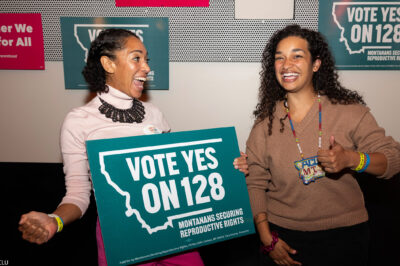The Washington Times published a piece last week about "holistic" approaches to teen pregnancy. If you're like me and immediately thought that teens were going to get instruction on the rhythm method, have no fear -- no one is suggesting to replace condoms with thermometers.
Highlights from the article after the jump.
Sex education "has always taught [teens] what to avoid -- and we need to continue that -- but it's not enough," said Marline Pearson, co-author of a report for the National Campaign to Prevent Teen Pregnancy. "[W]e need to look beyond the goal of managing the health risks of sex to the goal of building healthy relationships," said Mrs. Pearson, who wrote the report with Barbara Dafoe Whitehead, co-director of the National Marriage Project at Rutgers University.
I was just talking with a friend about this very thing. How we need to do more than teach kids how to protect themselves, we need to give them guidance on what a healthy relationship looks like.
Information about developing healthy relationships "has been the missing ingredient" in teen pregnancy prevention programs, they wrote in the report's introduction. "Teens hear about biology and body parts," but are "hardly ever told how to achieve responsible and respectful relationships."
Especially for young women I would add that self-esteem needs to be an essential part of the mix. It's not enough to say "this is how you protect yourself from pregnancy and STDs" and "this is what a healthy respectful relationship should look like" without teaching self-worth.
With the CAS-Carrera model, the goal is to create a long-term environment to give young people the tools and the motivation to make wise choices for themselves, such as avoiding parenthood until they are at least in their 20s, Mr. Carrera said.
Wouldn't we be so much better off is ab-only programs focused on avoiding parenthood instead of delaying sex until marriage? Parenthood doesn't just happen inside of marriage.
The CAS-Carrera program doesn't teach sex apart from life, but as a part of life, Mr. Carrera said. If the children are well-educated, in good health, are prepped for college and the job market, understand banking and have "sexual literacy," they'll choose good paths for themselves "because there's something at stake here," he said.
I'm sure the term "sexual literacy" scares a lot of people but I think this last point makes a lot of sense.





